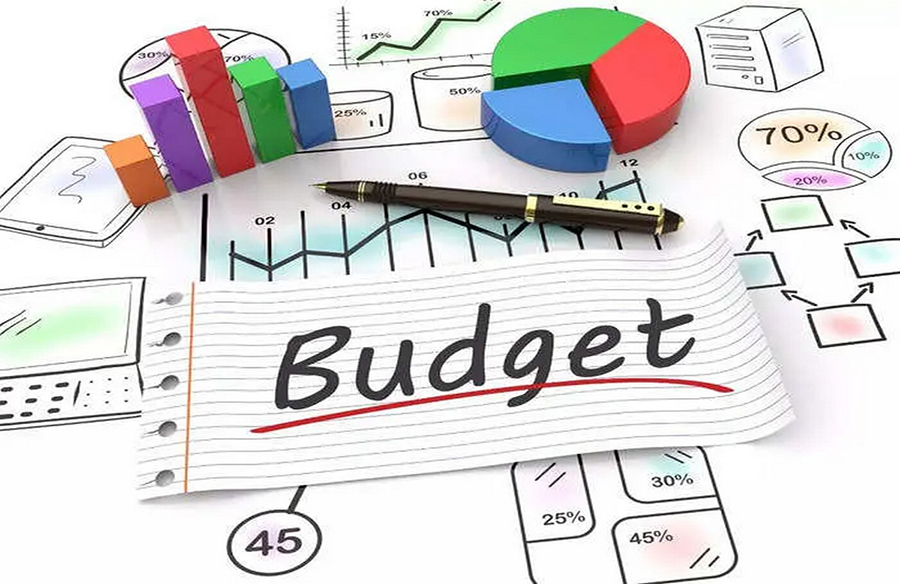
The Delhi government, under the leadership of Finance Minister Atishi, unveiled its fiscal year 2024-25 budget in the state assembly, with a significant outlay of Rs 76,000 crore. Let’s delve into the key highlights of this budget and its proposed initiatives.
Mukhyamamantri Mahila Samman Yojana
One of the flagship schemes introduced in this budget is the ‘Mukhyamamantri Mahila Samman Yojana,’ aimed at empowering women aged 18 and above. Under this initiative, eligible women will receive Rs 1,000 per month, reflecting the government’s commitment to women’s welfare and financial inclusion.
Education Sector Allocation
The budget allocates a substantial amount of Rs 16,396 crore to the education sector, emphasizing the government’s dedication to enhancing educational infrastructure and quality. Funds are designated for teacher training, construction of new schools and classrooms, and the establishment of Schools of Specialized Excellence.
Healthcare Initiatives
Healthcare remains a priority, with a budget of Rs 8,685 crore allocated to the sector. This includes provisions for maintaining hospital facilities and expanding access to free treatment for both out-patient and in-patient services. Additionally, the government continues its investment in Mohalla Clinics, ensuring essential healthcare services reach the grassroots level.
Social Welfare and Empowerment
The budget outlines an allocation of Rs 6,216 crore for various schemes under the Social Welfare Department, Women and Child Development Department, and SC/ST/OBC Welfare Department. Notably, the ‘Mukhyamantri Mahila Samman Yojana’ receives a significant allocation to uplift and empower women across Delhi.
Infrastructure Development
Infrastructure development remains a focal point, with plans to construct four court complexes and expand the transport network. The government aims to bolster the legal system by enhancing courtroom facilities and providing free legal services to a larger segment of the population.
Sustainable Transport and Water Management
Efforts towards sustainable transport are evident, with investments in electric buses and initiatives to improve water management through the Delhi Jal Board. These measures align with the government’s commitment to environmental sustainability and urban mobility.
Conclusion
The FY25 budget reflects the Delhi government’s vision for inclusive growth, social welfare, and infrastructure development. Through strategic allocations and targeted schemes, the government aims to address key challenges while fostering economic prosperity and enhancing the quality of life for Delhi residents.




Leave a Reply